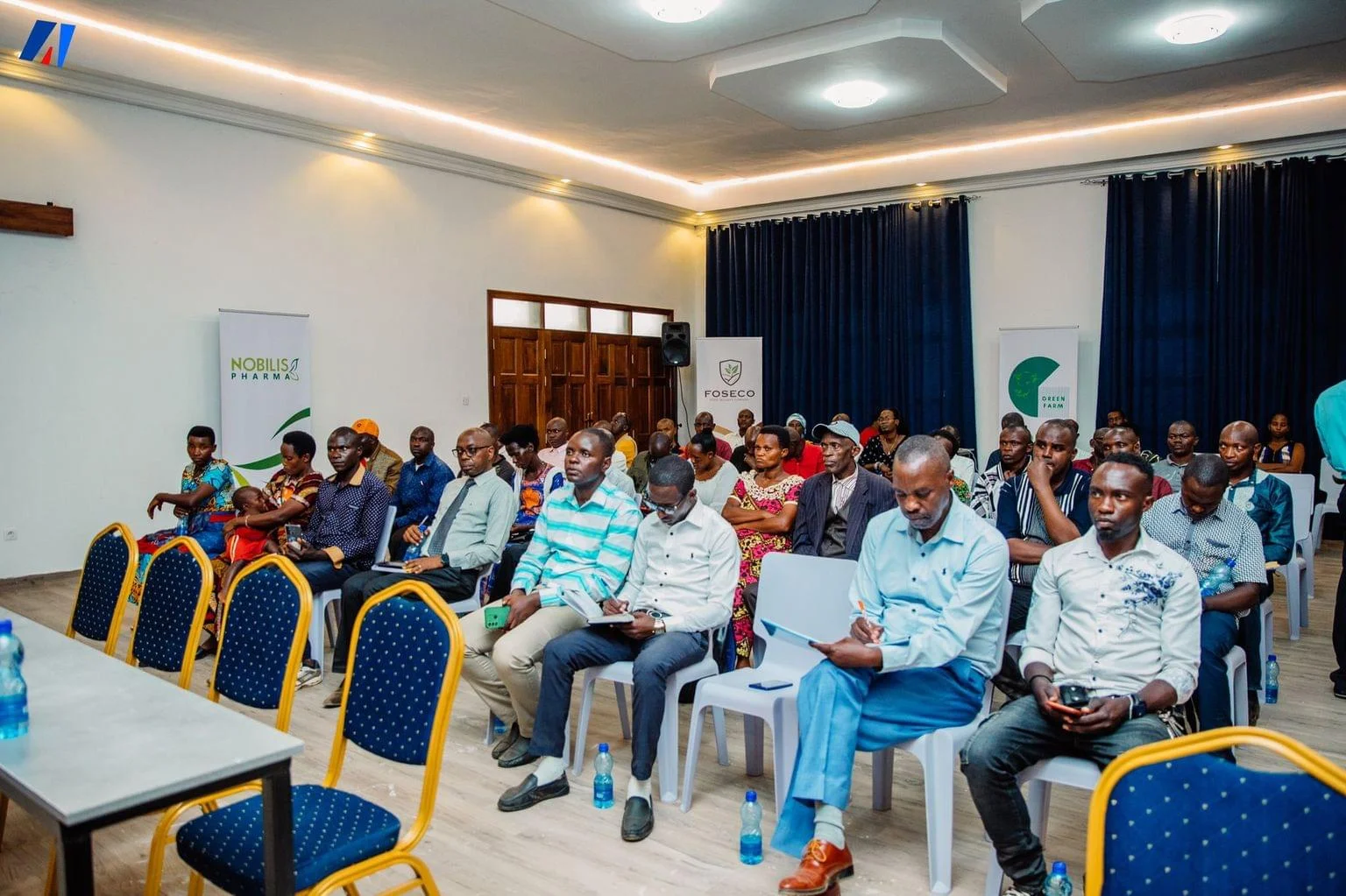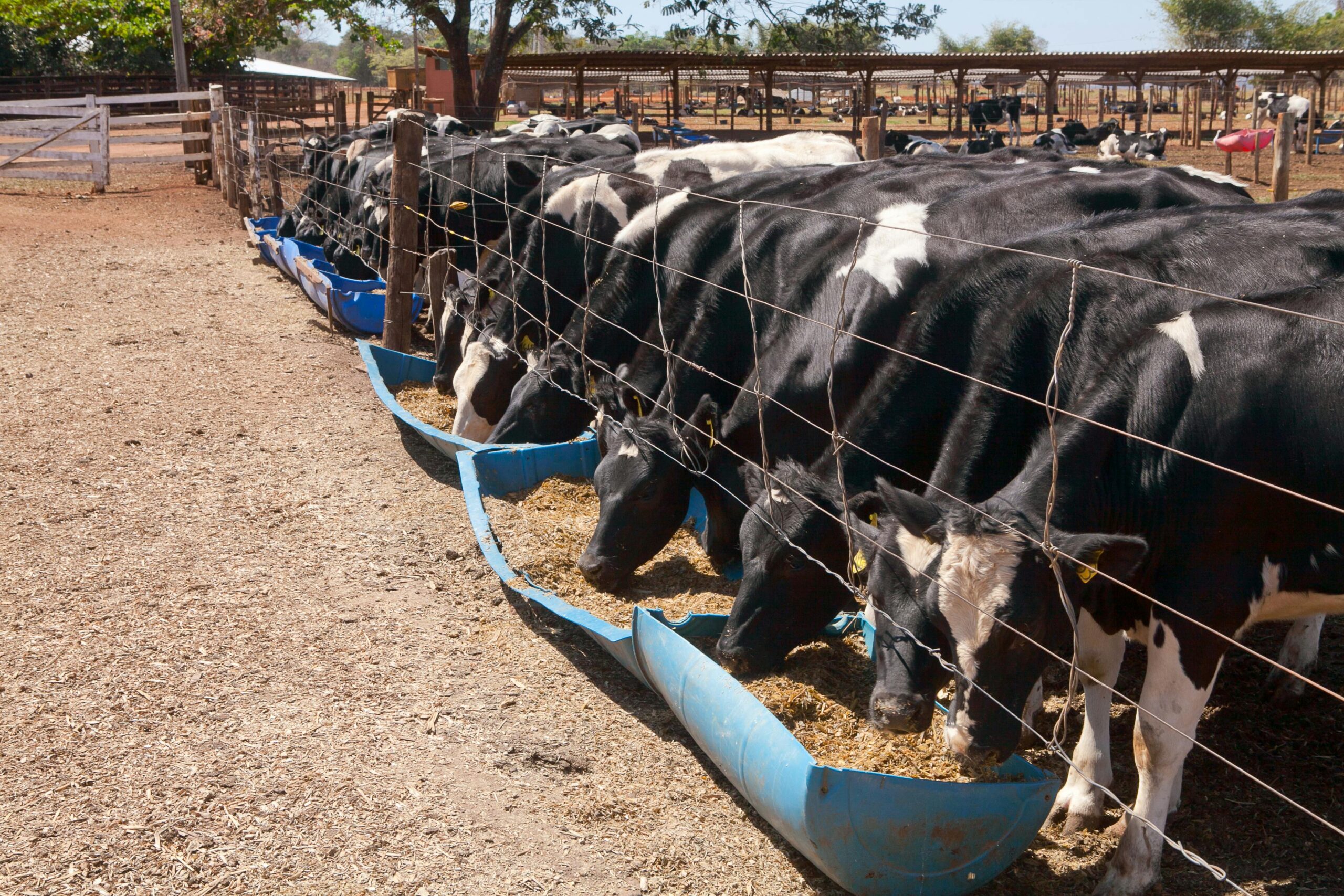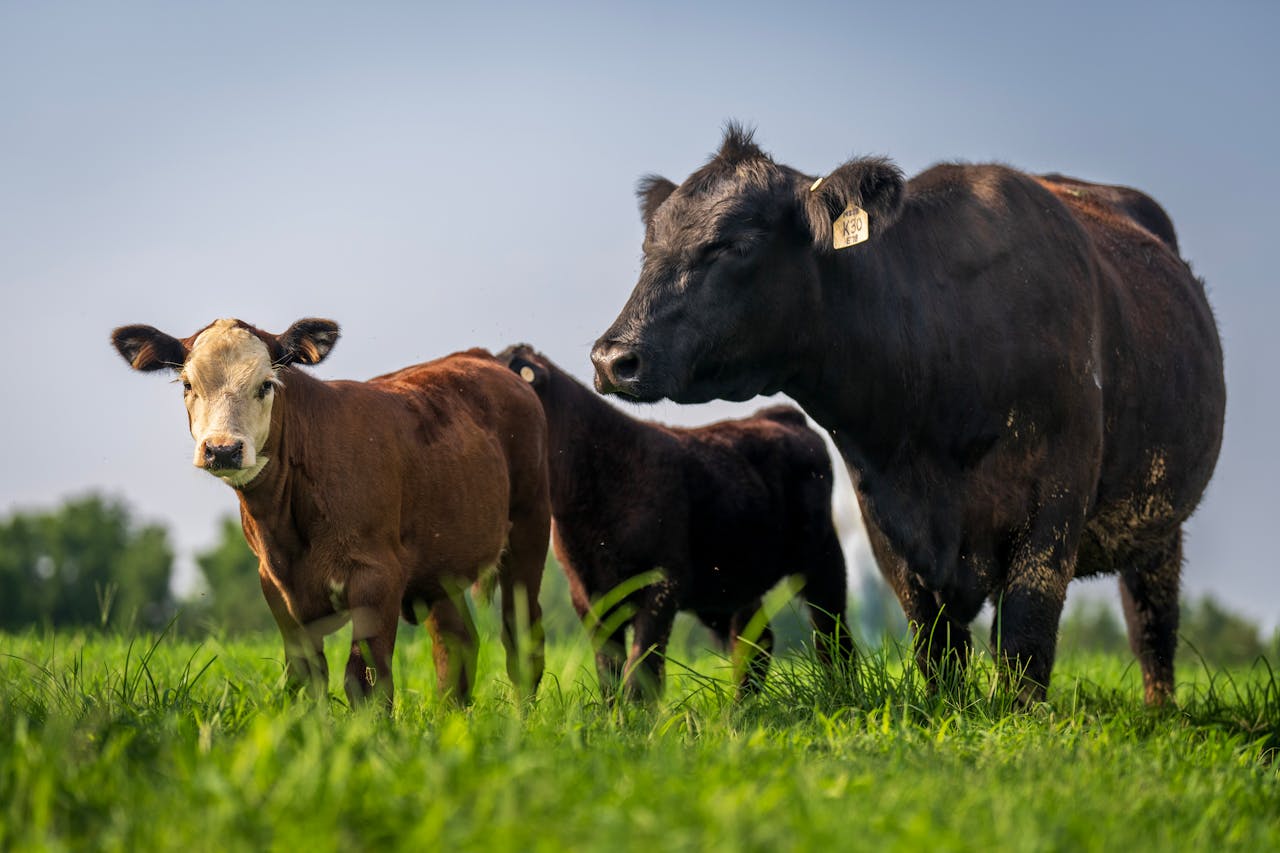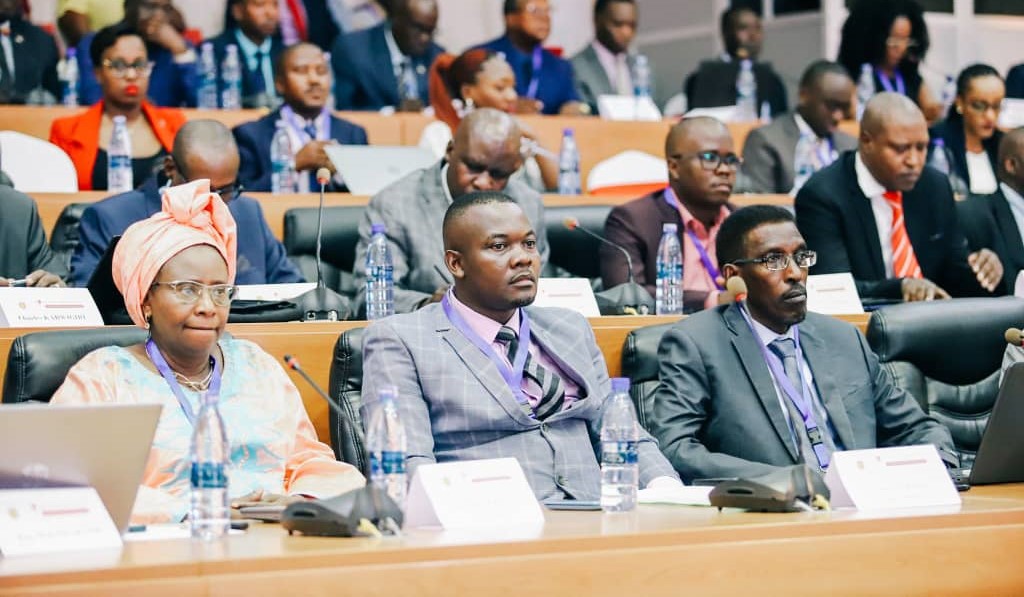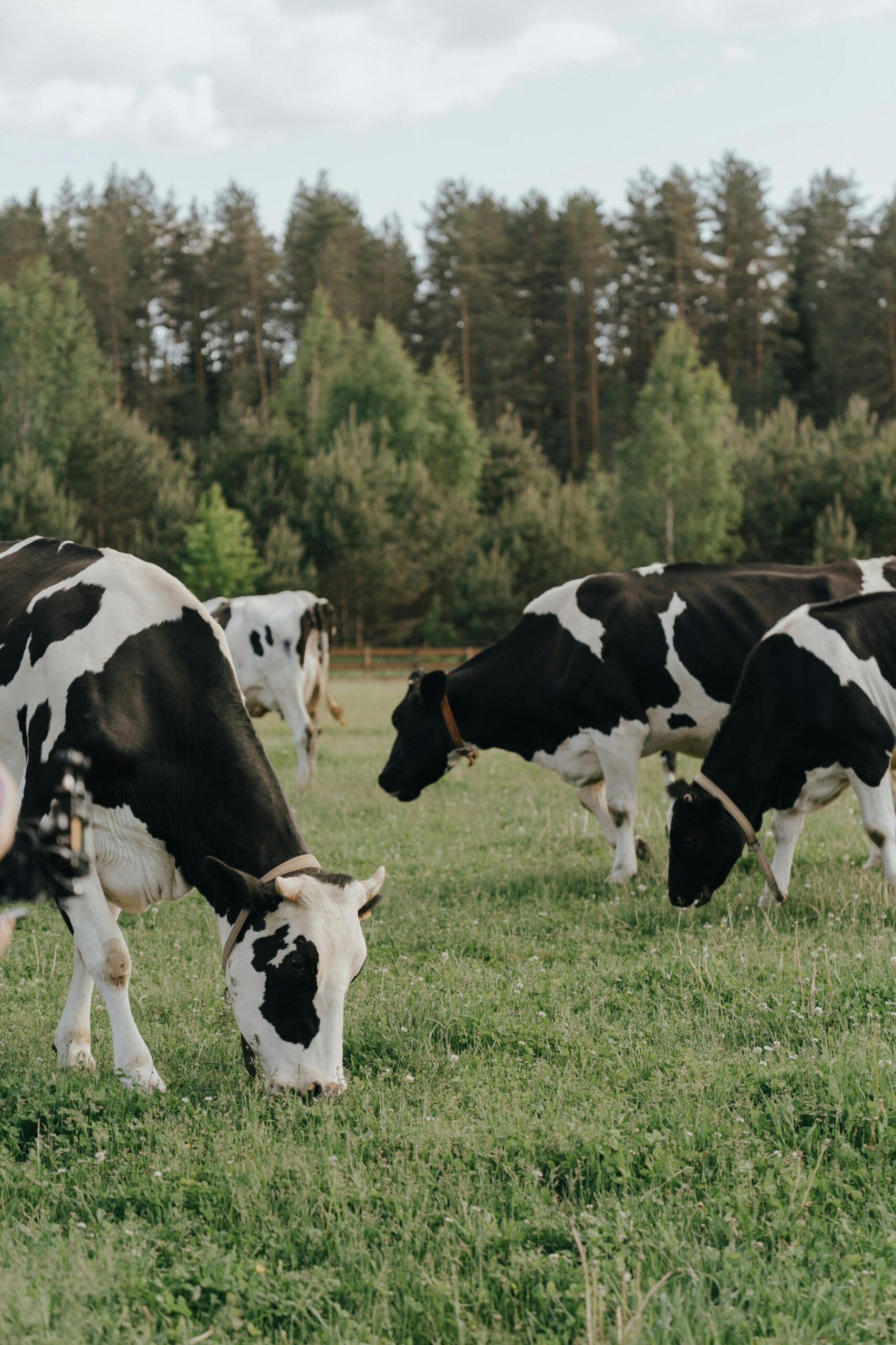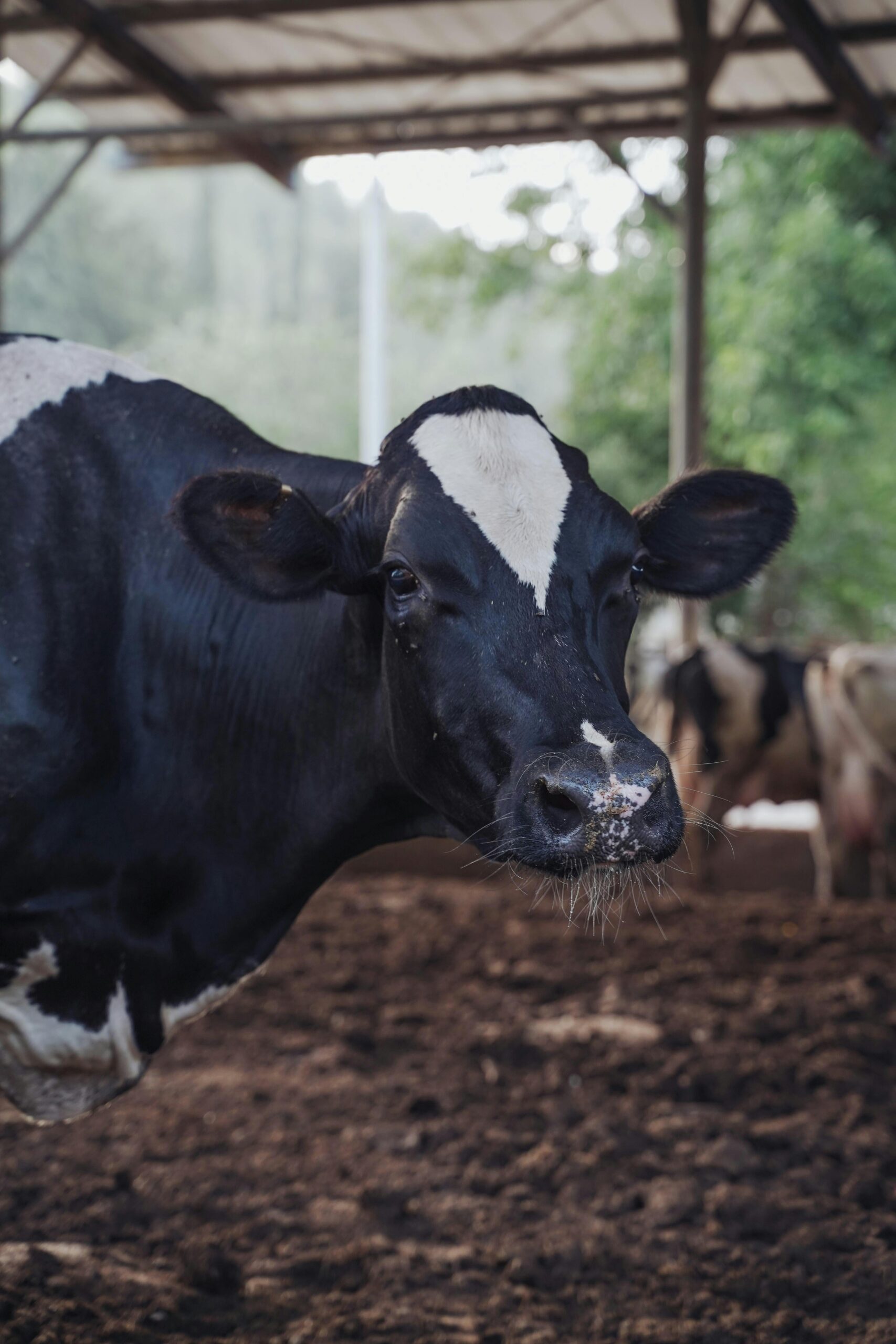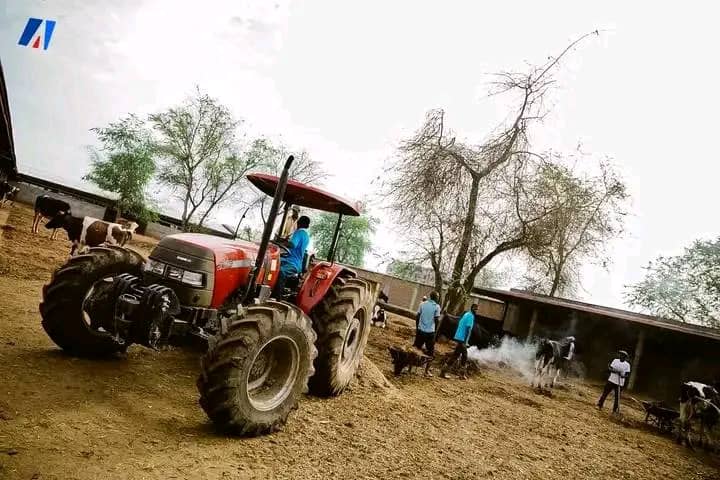
We offer agropastoral support with the aim to strengthen the livelihoods of communities that rely on a combination of agriculture and livestock herding. These support systems are crucial in regions where environmental conditions are often challenging and unpredictable.
Here's a detailed breakdown of how our organization provides support:1. Enhancing Livestock Management:
- Improved Animal Health:
- Providing access to veterinary services, vaccinations, and treatments for livestock diseases.
- Training community members in animal health management practices.
- Establishing or strengthening community animal health worker networks.
- Sustainable Grazing Practices:
- Promoting rotational grazing to prevent overgrazing and soil degradation.
- Supporting the development of water points and grazing reserves.
- Assisting in the management of rangelands and natural resources.
- Breed Improvement:
- Introducing improved livestock breeds that are better adapted to local conditions.
- Providing training in animal breeding and selection.
- Facilitating access to breeding services.
- Feed and Fodder Security:
- Promoting the cultivation of fodder crops.
- Supporting the development of hay and silage banks.
- Providing training in feed conservation and management.
2. Strengthening Agricultural Practices:
- Climate-Resilient Agriculture:
- Introducing drought-resistant crop varieties.
- Promoting water conservation techniques, such as drip irrigation and rainwater harvesting.
- Providing training in soil fertility management and conservation agriculture.
- Crop Diversification:
- Encouraging the cultivation of a variety of crops to reduce vulnerability to crop failure.
- Introducing new and nutritious crops.
- Facilitating access to seeds and agricultural inputs.
- Improved Farming Techniques:
- Providing training in improved farming practices, such as crop rotation, intercropping, and integrated pest management.
- Facilitating access to agricultural tools and equipment.
- Market Access:
- Connecting farmers and herders to markets for their products.
- Providing training in marketing and business skills.
- Supporting the development of value chains for agricultural and livestock products.
3. Building Community Resilience:
- Water Resource Management:
- Supporting the development of water infrastructure, such as wells and boreholes.
- Promoting sustainable water management practices.
- Establishing water user associations.
- Disaster Risk Reduction:
- Developing early warning systems for droughts and other disasters.
- Providing training in disaster preparedness and response.
- Supporting the development of community-based disaster risk management plans.
- Financial Inclusion:
- Facilitating access to microfinance and savings and credit groups.
- Providing training in financial literacy and business management.
- Capacity Building:
- Providing training to community members in leadership, governance, and organizational management.
- Strengthening local institutions and organizations.
4. Conflict Mitigation:
- Resource Sharing Agreements:
- Facilitating the development of agreements for sharing grazing lands and water resources.
- Supporting conflict resolution mechanisms.
- Inter-community Dialogue:
- Promoting dialogue and understanding between different communities.
- Participatory Approach: Involving communities in all stages of planning and implementation.
- Local Knowledge: Integrating traditional knowledge and practices.
- Sustainability: Promoting practices that are environmentally, socially, and economically sustainable.
- Empowerment: Building the capacity of communities to manage their own resources and development.
By employing these comprehensive strategies, organizations can significantly improve the livelihoods and resilience of agropastoral communities.




We are a community organization that supports households and rural development stakeholders by building capacity, skills transfer and facilitating access to resources. Our work aims at ensuring inclusive development and sustainable food systems within the community.
OUR GALLERY :

